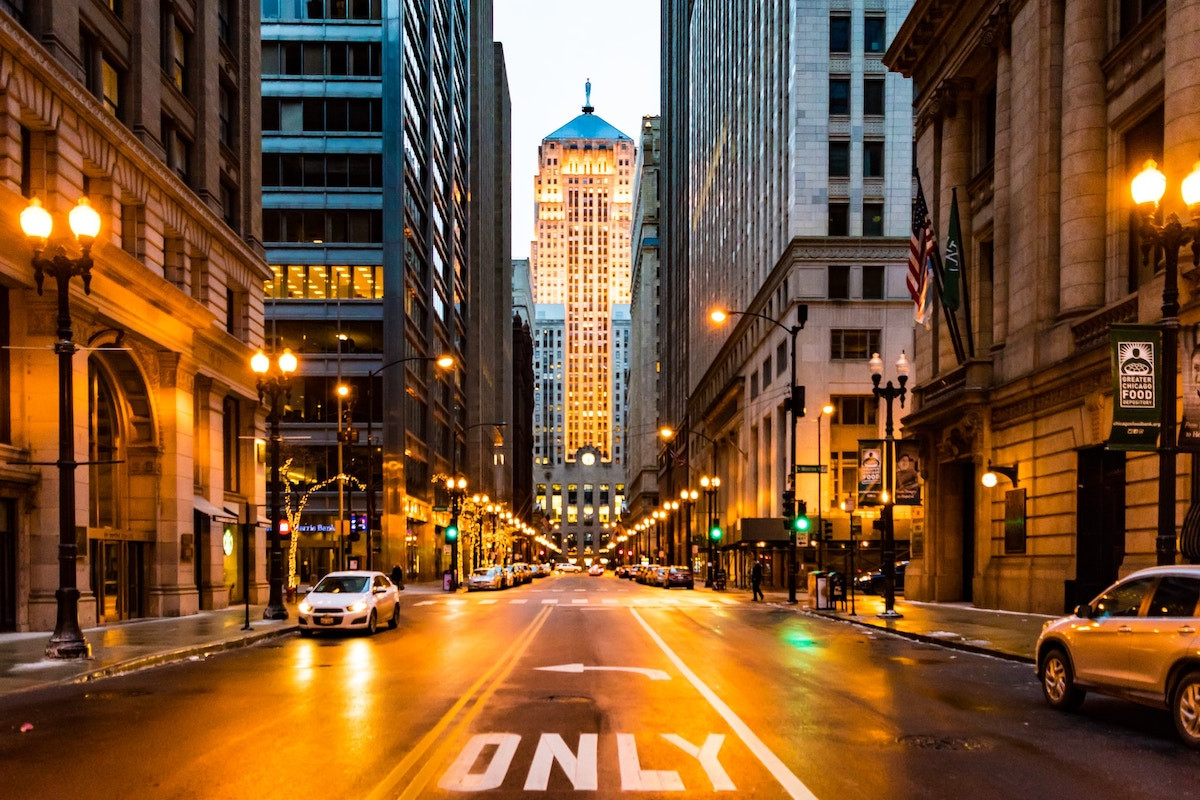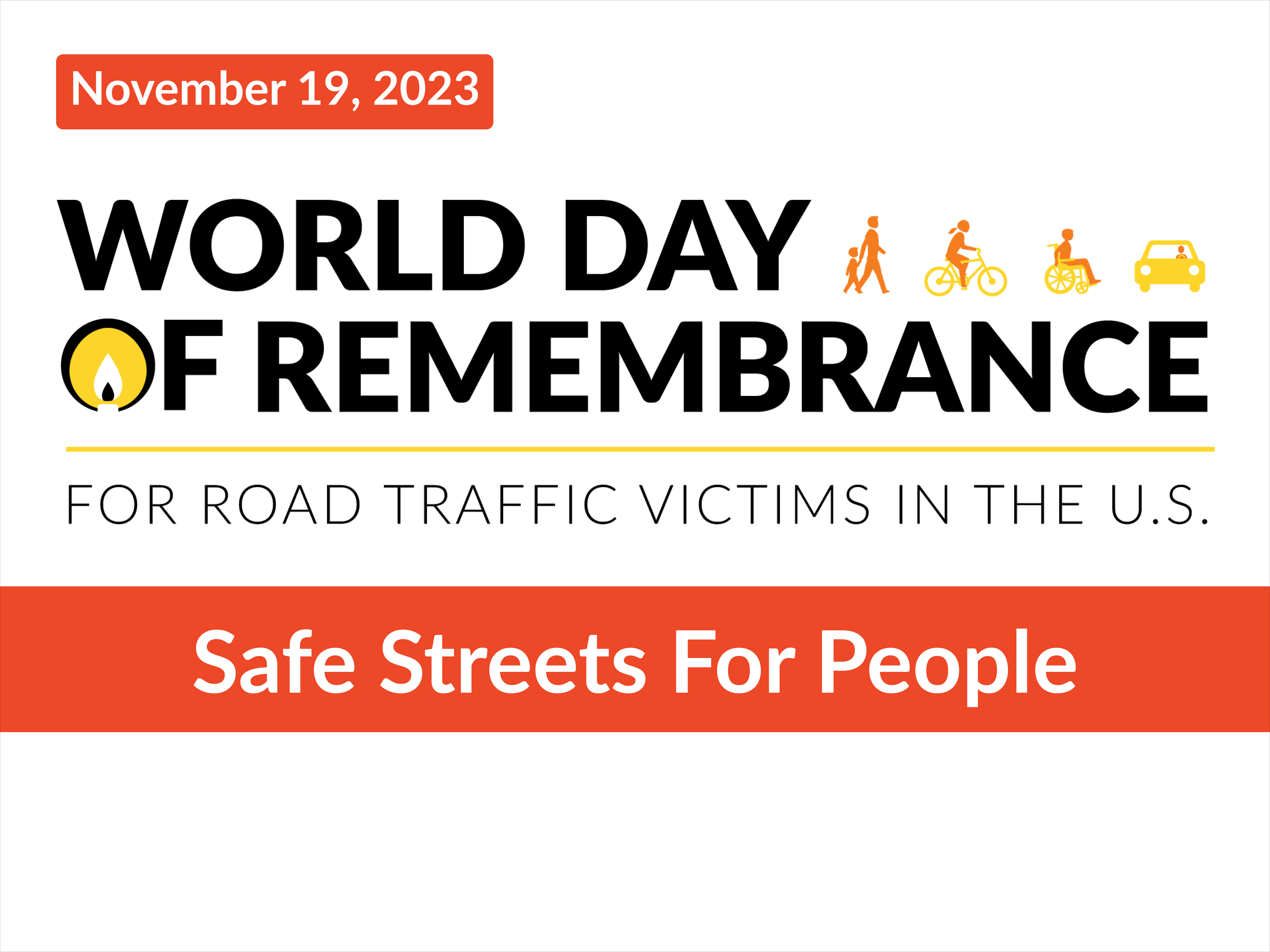This is a sentence. There are many like it, but this one is mine.
- 15 Posts
- 22 Comments
 1·10 months ago
1·10 months agoFood for thought @michael@yall.theatl.social
I found this comment on blocklist systems to be interesting: https://social.treehouse.systems/@adrienne/111043288202527510
How do we unblock any instance that got on Oliphant tier 0 but are later removed? Is that something that will be checked for?
Another thought – how does blocking and silencing affect the new search system? I guess blocking is obvious…but does silence block search? If so, I think that makes silencing much more impactful and we’d need to be more careful with it.
 1·10 months ago
1·10 months agoTo make it “fair”, they can use it to build a new wing to hold Trump that will satisfy the secret service.
 1·10 months ago
1·10 months agoI’m pretty sure the federal government cannot copyright anything. It’s bizarre that state governments can…sometime it obstructs access to important documents. It’s also bizarre that a person would not have an implicit license to use their won likeness, regardless of who created it (unless they voluntarily signed it away)
 2·10 months ago
2·10 months agoWow. This is exactly the wrong way to report on a BS from a known liar…the sentence reads as though this is a credible statement.
 2·10 months ago
2·10 months agoI get an XML doc here: https://roughdraftatlanta.com/rss
It includes a few paragraphs plus metadata for each story

 1·10 months ago
1·10 months agoCorrection. There are a few trees around here that have dropped most of their leaves. One looks similar to that (growth and bark)… and I think it may be a cherry blossom tree.

 1·10 months ago
1·10 months agoMaybe water/heat stress given how bad the past couple of weeks have been. I haven’t seen any other trees dry out though.
 1·10 months ago
1·10 months agoI don’t have a strong opinion. The “news” community feed is a bit overwhelming to follow…so I could see the value of segregating the posts into separate communities. But on the flip side, that means there would be a bunch of news-bot communities that would be filling up the community list and obscuring the organic communities. It would be nice if there was some way to separate the communities into groups. That’s a general feature I’d like to see in Mastodon and Lemmy – better controls allowing inclusion/exclusion of posts based on a combination of criteria.
 1·10 months ago
1·10 months agotwitter is full of vapid partisan hacks. Like most other prominent media in our society…all about posers trying to get influence

 2·11 months ago
2·11 months agoMy tomato plants had a great harvest about two weeks ago and have given me nothing since then … one seemed to get sick and wither, but the other three continued starting fruit but it would all go bad before ripening. Thinning out the plants did not seem to help. Have you had trouble like that? I think insects are involved but have not gotten a good look at the culprits.
 1·11 months ago
1·11 months agoI too am a big advocate for free speech and robust public debate, which is why I support the fediverse. But that doesn’t mean that individual instances need to include access to everything that’s legally published. The ability to access everything is supported by the fediverse as a whole, just as its supported by the publishing industry as a whole, not individual magazines.
Behaviors that are tolerable in individuals can become a problem when they are organized and professionalized, as Brighton has done with conspiracy-theorism (some background info here). Brighton is a noise machine. A community dedicated to conspiracy theories is a community that is not only dedicated to lies, it is dedicated to figuring out how to promote these lies with manipulative arguments and by slowly drawing people into a fantasy world. It’s frankly a lot of work to assess these lies on a case-by-case basis and I don’t think people will be attracted to theATL if the site expects them to do this work for themselves. This isn’t a matter of letting people voice their opinions and hear other people’s opinions – it’s a matter of turning down the volume on a propaganda campaign. We can see the world around us better when we filter out other people’s attempts to mislead us; when those attempts to mislead us are coordinated at the community level, it’s appropriate to silence them at the community level.
Tangentially, a community dedicated to conspiracy theories is bound to contain a lot of slander and antisemitism (along with other hateful attitudes).
 2·11 months ago
2·11 months agoA twitter bridge? Forgive my movie reference, but…

 1·11 months ago
1·11 months agoFunny thing is that threads.net is already ‘suspended’ on the Tier 1 list (but not the Tier 0 list).
Later on, it may be worthwhile to consider using these bigger lists for silencing – it may help improve the quality of the content on the “federated timeline”. For instance, if you look at the tier 3 list it excludes a lot of politics-focused instances (both left and right). Not that politics on Mastodon is a problem, but it may be more enjoyable for most people with more substantial discussions if the loudest political accounts are turned down a notch.
Anyway, that would be a question for the people who actually use the federated timeline (not me)
 4·11 months ago
4·11 months agoNote that both qoto.org and newsie.social are moderated as “silence” on the Tier 0 list. Please don’t block them! I have no objection to them being silenced/limited. My understanding is that it will only affect the federated timeline (though I’m not sure about boosts – they are not mentioned in the documentation). It may be worthwhile to silence everything on this list while you decide if blocking is needed.
 4·11 months ago
4·11 months agoI skimmed over the Oliphant unified tier 0 blocklist, and it does not block any instances that I interact with, for what that’s worth. I am a bit concerned with the idea of routinely updating the block list based on the Oliphant algorithm. I suspect that the Oliphant project has a tendency to attract administrators who most enthusiastic about blocking. The justifications that I see for blocking would often apply to a lot of mainstream/establishment opinion in the USA (and probably more so in GA).
That said, I’m fully in favor of blocking obnoxious sites simply for the purpose of maintaining a pleasant and productive environment. For instance, brighton.social is on the tier0 list – this is basically a conspiracy theory propaganda mill; the local feed screams paranoia. I’d support blocking brighton.social purely to protect theATL users from wandering into a conversation prompted by their nonsense. I consider this to be the same as public parks having a policy that people need to clean up after their dogs. I consider it very unpleasant to be at the receiving end of a propaganda firehose, even if the propaganda is not personally threatening. (I don’t know if this captures the entire story for why they are on the blocklist – there could be other problems with them)
I did notice two sizable instances that are often considered “borderline problematic” in the defederation debates – and both were set to “silence” rather than “suspend”. One, is newsie.social (where Decaturish is located). I vaguely remember some criticisms about newsie.social a few months back – I think part of it was that people were reposting or repeating opinions that published in the Washington Post or New York Times. Many of the critics wanted nothing to do with journalists. As we’ve seen with the BBC instance, there are a decent number of people in the fediverse who would block those mainstream publishers, either because they have different standards from mainstream society or because they simply don’t want that experience on their Mastodon instance. I wouldn’t necessarily take their ‘block’ as meaning that the instance is anything we’d consider horrible.
The other ‘borderline’ instance I saw silenced was “QOTO” – this instance is controversial because its policy is to only defederate when absolutely necessary (e.g. spam overwhelms the server). Many other instances block QOTO either because they view this as aiding hate-mongers, or because they just want to keep the hate-monges a couple steps removed from them. (Disclaimer, my account was hosted on Qoto before I came here)
So I guess I don’t have a clear opinion here. I think even tier0 may be a bit too stringent, but i can’t suggest a better way to quickly distinguish between those that are exceptionally horrible and those that are everyday horrible. Perhaps just silence them, and treat that as a strike, so that if we have any problems with harassment we quickly block the whole server. I suspect that some need to be blocked outright – if you look at Qoto’s blocklist, that could give you a small number that are absolutely intolerable.
 4·11 months ago
4·11 months agoHi Michael and everyone. I wrote up some general notes for thinking about this…
#The need for community-level moderation:
I think most Mastodon users get by fine with the standard individual-level options – you follow people you find interesting and block people who act obnoxious when you encounter them. There’s no algorithm pushing obnoxious content onto your ‘home’ feed, nor is it easy for harassers to discover your posts. The first level of discovery is the ‘local timeline’ – this is the main place where members of TheATL.social interact with each other, and why the top priority is to have good moderation of content posted on TheATL.social itself. We already has a clear set of policies for members of the community.
These same moderation policies can be applied to members of other communities – blocking those who violate our rules from interacting with members of our community. However, this strategy has some limitations – first, it effectively asks our moderators to moderate the entire Fediverse, which is an impossible task, especially when harassers may have multiple accounts. It also leaves our users exposed to coordinated harassment campaigns across communities – as long as the harassers are allowed to keep their accounts, they can swarm one target after another and systematically drive anyone they dislike off Mastodon.
Finally, I think we also need to consider indirect interactions, such as slander. It’s not enough for a user to be shielded from abusive messages if the abuser continues to spread rumors among the user’s acquaintances. For this reason, I’d be inclined to simply cut off any community that allows an abuser to participate… though of course, we don’t have the resources to litigate slander accusations.
#What are the options for community-level moderation?
The Mastodon software provides three options for Moderating entire websites. ‘Suspend’ (aka defederation/block) is a complete block; ‘limiting’ (aka silencing) will only prevent content from showing on the federated timeline (If I understand it correctly); ‘reject media’ will avoid copying/showing any images.
TheATL.social currently blocks 5 servers (1 is a subdomain) (see ‘Moderated Servers’). My understanding is that this is a pretty light touch in terms of typical Mastodon moderation. Other community administrators have created long lists of communities that they consider problematic, and others have compiled these into composite blocklists such as Oliphant. Communities can be placed on these lists for a wide range of reasons, so there’s some risk of going along with over-zealous blocking.
Note also that individual users can import these blocklists – so they can hide themselves from these communities, but doing it alone means that a user may be cut out of conversations that their other friends/contacts/acquaintances are participating in.
 1·11 months ago
1·11 months agoI don’t know about that. It sounds like it’s causing our electricity prices to go up "Georgia Power’s 2.7 million customers are already paying part of the financing cost and elected public service commissioners have approved a monthly rate increase of $3.78 a month for residential customers as soon as the third unit begins generating power. "
 2·1 year ago
2·1 year agoI’m saying there’s too many car. The video shows how it’s possible to have a child friendly city if we limit car usage.
 2·1 year ago
2·1 year agoThat may be part of it, but in my case part of the reason is that there are a lot more hazards where I live now than where I grew up – where I live now there isn’t much open space to play in and we’re hemmed in on all sides by busy roads with aggressive drivers. It’s a shame that America’s automobile obsession makes it so hard to let kids do their own thing. – as described in this video. https://www.youtube.com/watch?v=oHlpmxLTxpw







Privacy Badger has recently started blocking Twitter embedding for me (in the past few days). Does anyone know specifically what Twitter is doing to prompt this? For instance, see this thread on the Ukraine war on Daily Kos, which includes a lot of embedded Twitter posts https://www.dailykos.com/stories/2023/11/9/2204752/-Ukraine-Invasion-Day-625-RU-may-experience-redeployment-issues